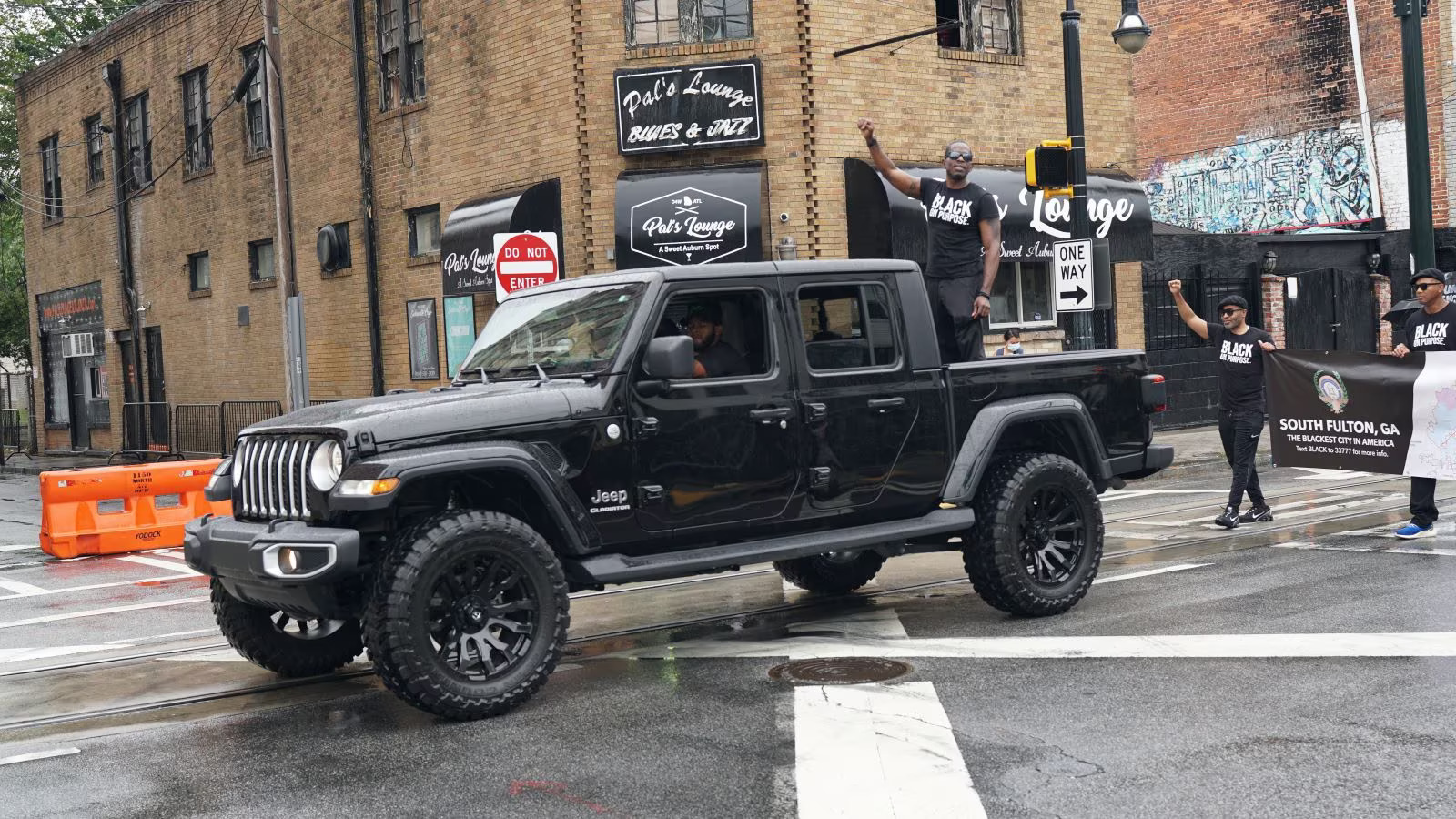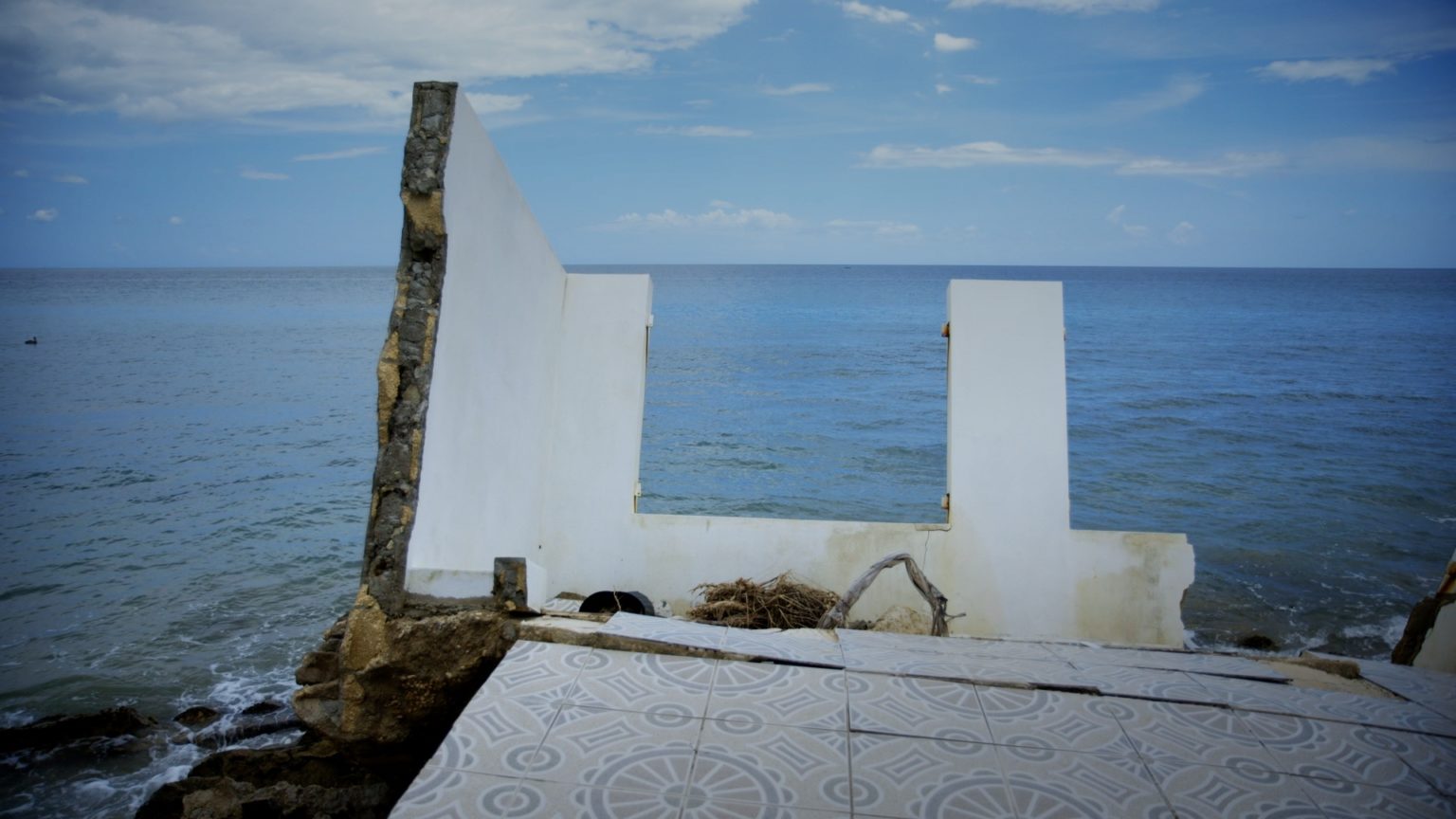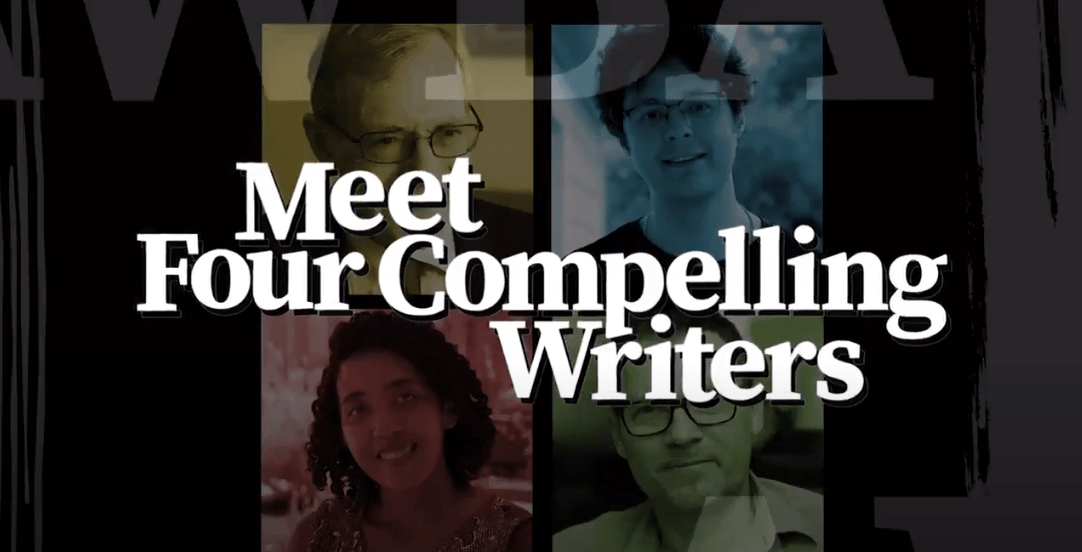Filmmakers Leslia Asako Gladsjo and Sam Pollard wanted to make a documentary about the Tulsa Massacre, the two days in 1921 when a white mob burned down 35 prosperous square blocks of Black businesses, churches, schools and homes, killing an estimated 300 Black residents.
But as the 100th anniversary of the massacre generated more awareness, the long-time collaborators pivoted to tell a bigger story.
“So for Sam and I, it was really important to say, wait, it wasn’t just Tulsa!” Gladsjo said via a Zoom interview from her home in New York City. “We wanted to seize this moment, where people were looking at the destruction of Black Wall Street and looking at how it’s a continuing pattern up until today.”
So the pair co-directed “Rise and Rebuild: A Tale of Three Cities,” a documentary following four residents of Atlanta, Chicago and Wilmington, N.C. as they work to reclaim Black neighborhoods after decades of systemic destruction and targeted violence.
Gladsjo and Pollard have spent their respective careers documenting the Black experience in America, having first worked together in 2000 on a project for BET. Since then, Gladsjo has produced several historical projects, including 2019’s “Why We Hate” and 2016’s “Black America Since MLK” miniseries, while Pollard has worked on films chronicling the lives of Sammy Davis Jr, Malcolm X and Muhammad Ali, among others.
But for this film, she said, they wanted to shift the lens to the present day: “We both wanted the background to be this continuing destruction of Black wealth, but also the unbelievable heroism of people who are doing something anyway.”
Enter Erika Allen, one of four subjects in “Rise and Rebuild.” Allen is the co-founder of Chicago’s Urban Growers Collective, a sustainable farming nonprofit that provides more than 18,000 pounds of fresh produce each year to some of the city’s most food-insecure residents.
“They built this huge green energy center, which is not only a place that’s encouraging farming and creating compost for all the farms around the city but it also produces electricity, green energy, that’s going into Chicago’s power grid that the community actually benefits from,” Gladsjo said. “All this out of what used to be a dump.”
Over the course of a year, Gladsjo and Pollard followed Allen through Chicago’s South Side, alongside Wilmington realtor Brenda Dixon, Atlanta club owner Devon Woodson, and South Fulton mayor Khalid Kamau. In each city, the filmmakers tagged historians to provide context of the Black neighborhoods profiled.
“As I started to read the history, the more angry I got. Without reparations, how can you have any conversation?” Gladsjo wondered. “In the film you can feel the hopefulness and the energy from people in the film, but any real effort to address this history has to start with reparations.”
For Gladsjo, the conversation is more personal than theoretical.
“I’m Japanese-American and my grandfather was incarcerated during World War II,” Gladsjo shared. “We got a small reparations check — was it enough to make up for the fact that he wasn’t able to keep his business as a stonemason and his family didn’t have a breadwinner for those years? But we’re talking about a few years here, we’re not talking about generations.”
Gladsjo continued: “It’s important to tell these stories but also to be sure that the foundation of the history was there so you don’t think ‘Everyone should just pull themselves up by their bootstraps and start a little business and it’s all going to be great.’ No, the problem is the history, these generations of injustice that have continued every time Black communities have built something, which shows this incredible resourcefulness. But it’s been stolen. You have to acknowledge that first.”
Watch “Rise and Rebuild” during Cleveland International Film Festival. Moviegoers can receive a $1 discount at the box office, online or ordering on the phone, by using the Anisfield-Wolf Book Awards code: AWBA. This film is the Anisfield-Wolf Book Awards community match for 2023.



